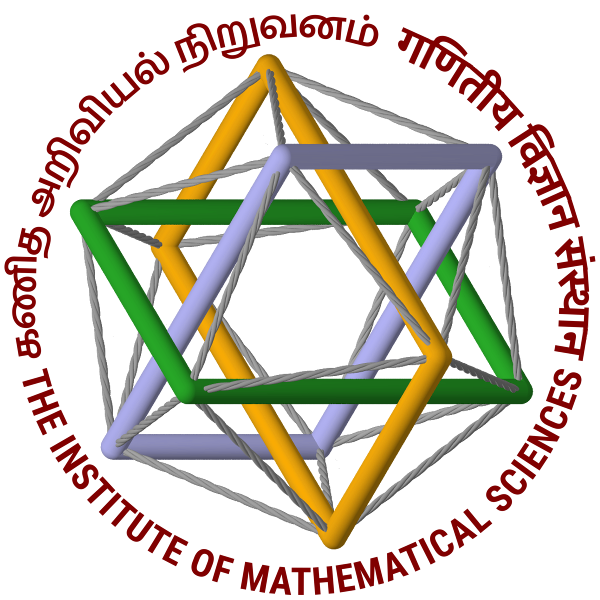Dhiraj Kumar Hazra
Professor
Theoretical Physics
2254 3310
dhiraj @ imsc . res . in
310
Research Interests:
My research interests broadly include the study of,
- Inflationary cosmology
- Analysis of cosmological data, mainly data from Cosmic microwave background
- Possible deviations from standard model of cosmology
- Reionization
- Large scale structure
- Dark energy
- Degeneracies in cosmology
Education:
- 2006-2012: Integrated M.Sc.–Ph.D. Physics, Harish Chandra Research Institute, Allahabad, India (HBNI)
Thesis topic: Primordial features and non-Gaussianities Thesis supervisor: Prof. L. Sriramkumar
- 2003-2006: B.Sc. Physics, Jadavpur University, Kolkata, India
Career History:
- 2020 - Present: Faculty member at the Institute of Mathematical Sciences, Chennai, India
Associate of INAF - Osservatorio di Astrofisica e Scienza dello Spazio di Bologna, Bologna, Italy
- 2019 – 2020: Marie Skłodowska-Curie Astrofit fellow at the INAF - Osservatorio di Astrofisica e Scienza dello Spazio di Bologna, Bologna, Italy Mentor: Prof. Fabio Finelli
- 2017 – 2019: INFN fellow at the Istituto Nazionale di Fisica Nucleare, Bologna, Italy Mentor: Prof. Fabio Finelli
- 2015 – 2017: PCCP fellow at the Paris Centre for Cosmological Physics, Astroparticule et Cosmologie, Paris, France Mentor: Prof. George F. Smoot III
- 2013 – 2015: Post doctoral fellow at the Asia Pacific Centre for Theoretical Physics, Pohang, Korea Mentor: Prof. Arman Shafieloo
Courses Taught:
- Computational CosmologySeptember 2020 – January 2021
- Cosmology and GravitationFebruary – May 2021January – May 2024January – May 2025
- Computational PhysicsJanuary – May 2022January – May 2023
Selected publications:
List of my publications and preprints can be found at this inSPIRE link

